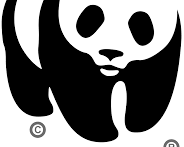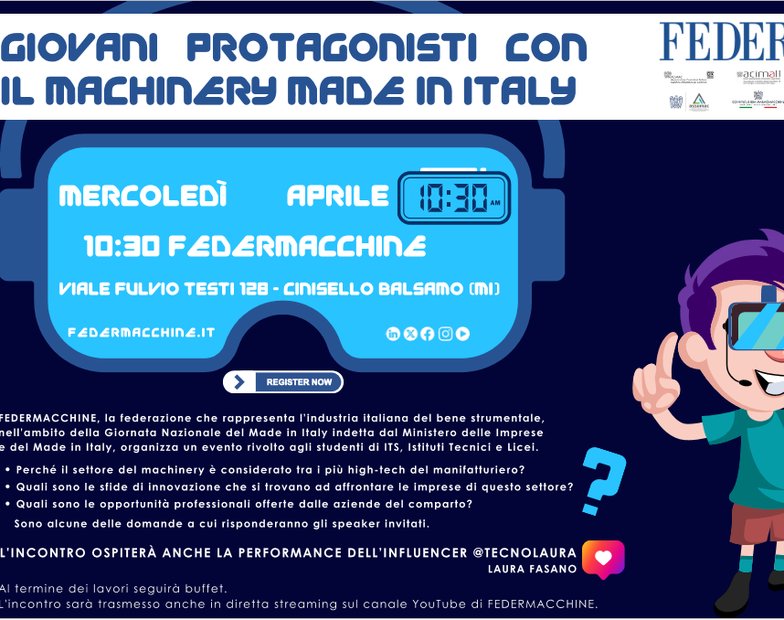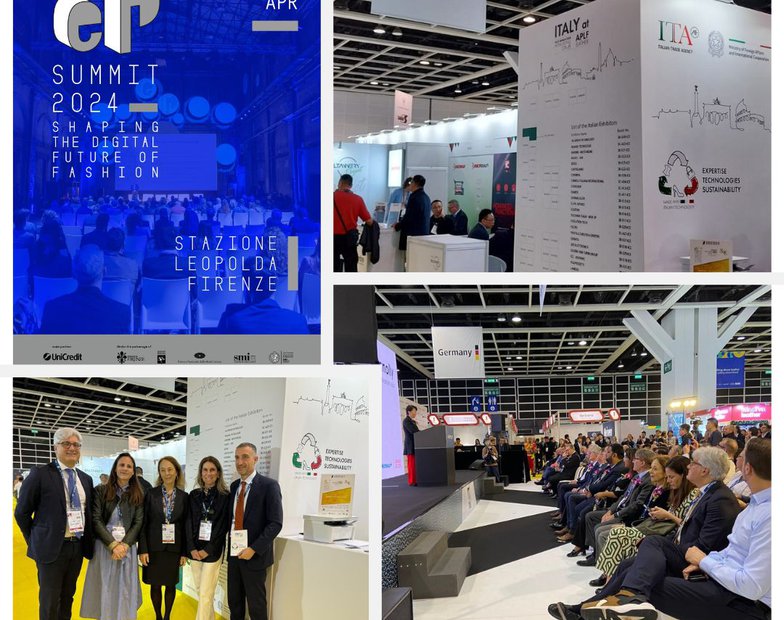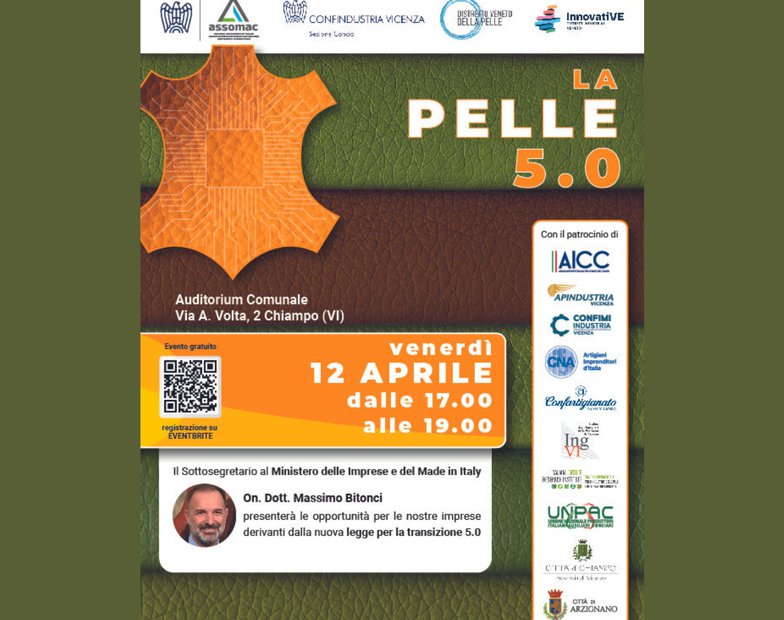All buyers of cowhides or leather anywhere along the value chain – from slaughterhouses to consumers – have a role to play in driving more sustainable production and eliminating deforestation and conversion. Given leather’s status as a luxury good and association with quality, consumer pressure for and awareness of sustainable practices is high. Thus, leather companies and their customers hold a unique lever that can be used to encourage and support sustainable practices. [Leather Also Has a Role to Play in the Fight Against ... - WWF]
In recent years, circularity has gained a lot of traction, leading companies to consider whole product lifecycles, and how their impacts are interrelated, rather than viewing each product in isolation. Leather is steeped in circularity and indeed is one of the oldest forms of upcycling, yet lately it has been viewed negatively for the environmental impacts and animal welfare issues of cattle production. The reality isn’t so simple; there are many benefits to using leather as a byproduct of cattle production, but these benefits need to be taken into context while considering the responsibility of companies that use leather to influence sustainable practices, particularly eliminating deforestation and conversion in the supply chain.
The whole lifecycle of leather, as well as leather substitutes, should be considered when companies make materials decisions.
The leather industry’s largely untapped potential for influence could be significant, as any additional income or other business benefits that beef producers receive for deforestation and conversion-free (DCF) hides strengthens their economic position while simultaneously providing leverage for purchasers of hides and leather.
This presents both positive (potential for premiums or differentiated market or even new business models and practices) and negative (possible loss of markets/market access) incentives for pursuing DCF beef and leather production.
By collaborating with the beef and dairy industries, working with slaughterhouses and their supply chains back to direct and indirect suppliers, and increasing consumer awareness of leather’s sustainability potential, the leather industry can further deepen leather’s enduring sustainability legacy and ensure its environmental impact is minimal.



